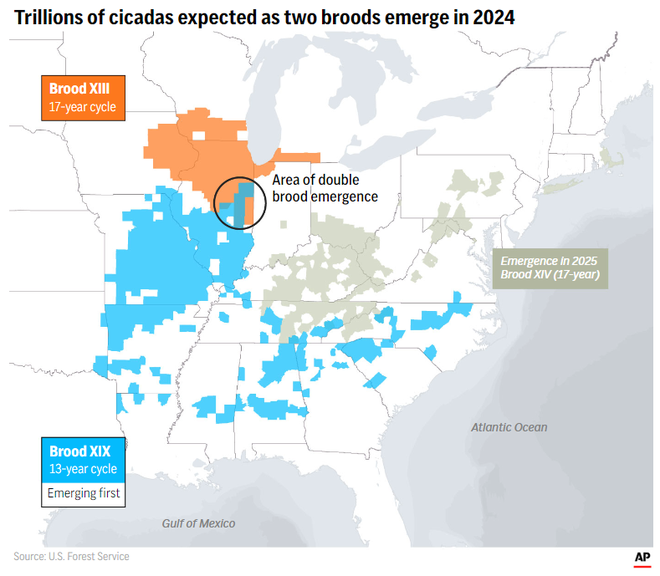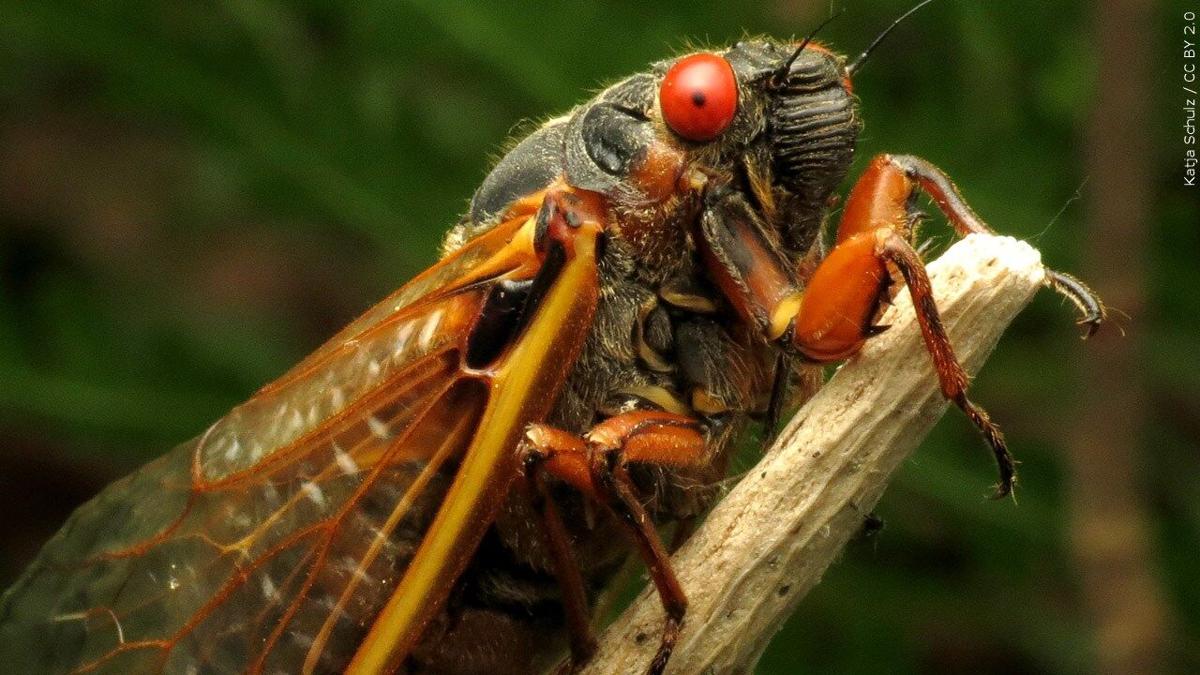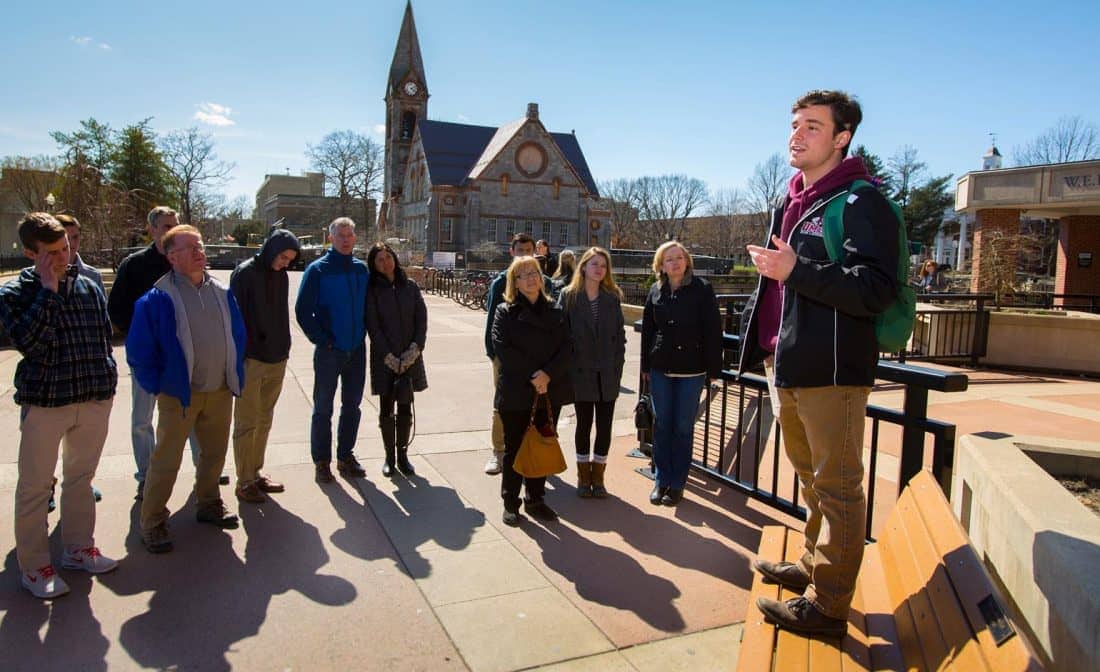This summer, something out of the ordinary will happen that hasn’t occurred in over two centuries: a dual emergence of cicada broods across the United States! Known as Brood XIII and Brood XIX, these cicadas are gearing up for their first joint appearance since 1803. Yes, when Thomas Jefferson was president. This natural phenomenon has stirred up quite the buzz, earning the nickname “Cicada-geddon.”
Cicadas are curious creatures with a unique life cycle. Most of their lives are spent underground, where as nymphs, they quietly sip on tree sap. It is only when soil temperatures reach about 64 degrees Fahrenheit that they emerge, transforming into noisy, winged adults. Their song, a boisterous sound meant to attract mates, can last from four to six weeks before they disappear again. Interestingly, this year, all seven named species of periodical cicadas will be visible. Get ready for a full-scale cicada showcase!
Although trillions of these cicadas are set to surface, the impact on Northeast Ohio will be minimal. Mrs. Truax, a biology teacher, assures us that “This event is not coming to Ohio. The burst will be seen in Indiana and Illinois.” While this may be disappointing for some local enthusiasts, others like junior Emily Freund find a silver lining. “I remember how loud they can be from a few years ago, it was insane!” Emily exclaims. “Honestly, I’m just glad they won’t be here to ruin this summer girl’s favorite season.”
Lauren Stephens recalls her own experiences with the winged pestilence. “I remember them in third grade when I was near the playground and woods at Old Trail. They made this horribly loud rattling sound and we used to see the shells from their bodies all over the place. They were kinda gross, and I am glad they won’t be near us this summer.”

The buzz (pun intended) around cicadas often overshadows their ecological importance. These insects play a crucial role in their ecosystems by emerging in such overwhelming numbers that they can saturate their predators, ensuring that enough cicadas survive to continue their species. This swarm also provides fertile ground for scientific research and environmental education.
While cicadas prepare for their big party across certain parts of the Midwest and the South, WJ students can breathe a sigh of relief or disappointment, depending on their enthusiasm for the noisy visitors. Either way, the chaos of Cicada-geddon is a rare natural event that reminds us of the fascinating and complex world of nature.




![Christmas tree ornament stories [Photo Story]](https://thepioneerwjhs.com/wp-content/uploads/2019/12/CA74265D-C647-48F0-8C67-90CC0946CBC5-900x684.png)

![The Mandalorian Season One [Review]](https://thepioneerwjhs.com/wp-content/uploads/2020/10/D609A441-B3B9-4B3C-8AE8-8BCF05963444-707x900.jpeg)












